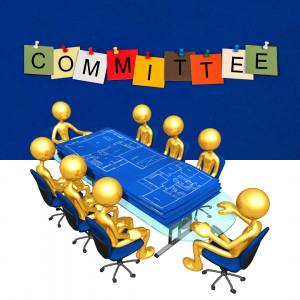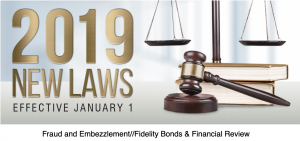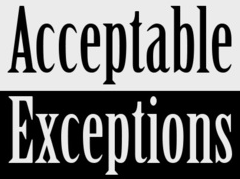 Does your board table decisions because you can’t get through all of the discussion? Is there a big project that your association needs to complete, but the minutia of it is overwhelming the board? Don’t let the added work hold you back. Recruit volunteers from the membership to assist the board through the creation of a committee.
Does your board table decisions because you can’t get through all of the discussion? Is there a big project that your association needs to complete, but the minutia of it is overwhelming the board? Don’t let the added work hold you back. Recruit volunteers from the membership to assist the board through the creation of a committee.
Under Corporations Code § 7212, the board of directors of a community association may, subject to the association’s governing documents, vote to form one or more committees that serve at the pleasure of the board. There are two basic types of committees: committees with decision-making authority—such as an executive “committee of the board” made up entirely of directors to which the board has delegated certain powers, or an architectural review committee—and advisory committees, which merely provide the board with non-binding information and advice regarding specific issues, such as a social committee.
A special type of committee, applicable only to community associations, is a “subcommittee” of the board consisting of the treasurer and at least one other board member that performs the required monthly review of the association’s finances, which is required under Civil Code § 5500, independent of a board meeting. When this subcommittee performs this financial review, the board must ratify that review at the next open board meeting and note that ratification in the meeting minutes.
 HOA Law Blog
HOA Law Blog



 When SB 323 took effect on January 1, 2020, it greatly modified the Davis-Stirling Common Interest Development Act’s election procedures, including timelines for conducting an election. In the process, it inadvertently created a conflict in the law regarding recall elections that community associations have been struggling with ever since.
When SB 323 took effect on January 1, 2020, it greatly modified the Davis-Stirling Common Interest Development Act’s election procedures, including timelines for conducting an election. In the process, it inadvertently created a conflict in the law regarding recall elections that community associations have been struggling with ever since.


 We are often asked how much insurance a condo or coop association should carry. I often respond by saying as much as the association can afford. Here is a great example of a situation involving one of our firms clients (the facts have been altered to maintain confidentiality). A woman was trying to get into a condo association and the parking arm was stuck. She and her entourage were physically trying to get the arm to move when it dropped hitting her in the leg. It hit an artery and she almost died. She suffered some permanent disabilities and then she sued the association.
We are often asked how much insurance a condo or coop association should carry. I often respond by saying as much as the association can afford. Here is a great example of a situation involving one of our firms clients (the facts have been altered to maintain confidentiality). A woman was trying to get into a condo association and the parking arm was stuck. She and her entourage were physically trying to get the arm to move when it dropped hitting her in the leg. It hit an artery and she almost died. She suffered some permanent disabilities and then she sued the association.
 We community association attorneys are fond of telling boards of directors that they need to “do their due diligence” before making important decisions, especially those that may have a lasting impact on their associations. That being said, just how many board members actually understand what steps are needed to fulfill that directive? That was the question posed in an article on this issue by Florida community association attorney Donna DiMaggio Berger.
We community association attorneys are fond of telling boards of directors that they need to “do their due diligence” before making important decisions, especially those that may have a lasting impact on their associations. That being said, just how many board members actually understand what steps are needed to fulfill that directive? That was the question posed in an article on this issue by Florida community association attorney Donna DiMaggio Berger.